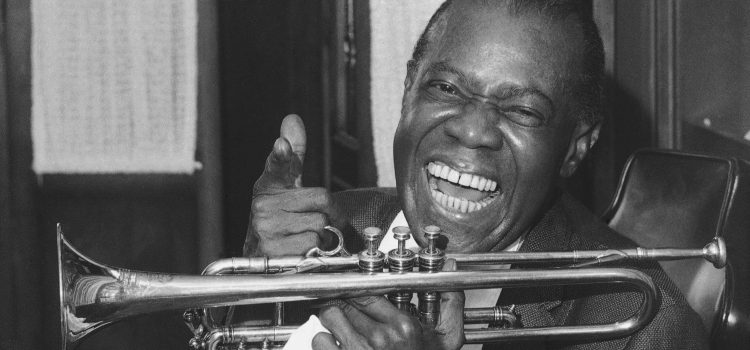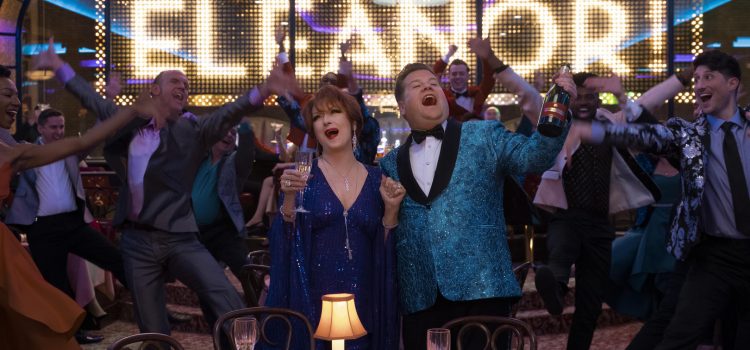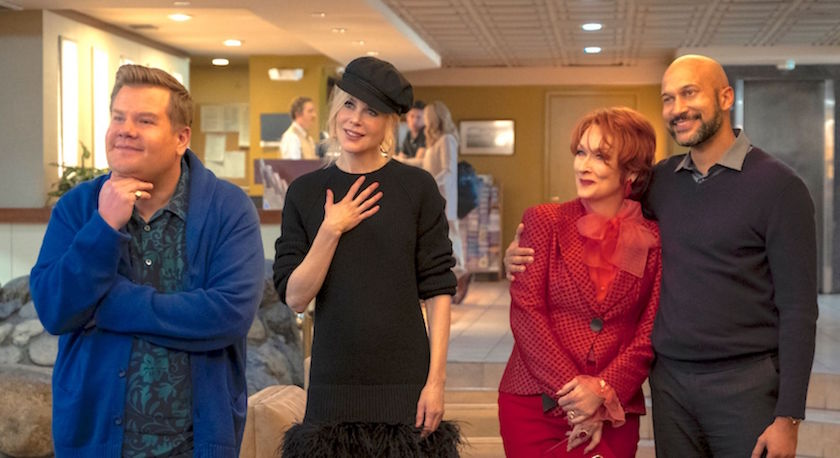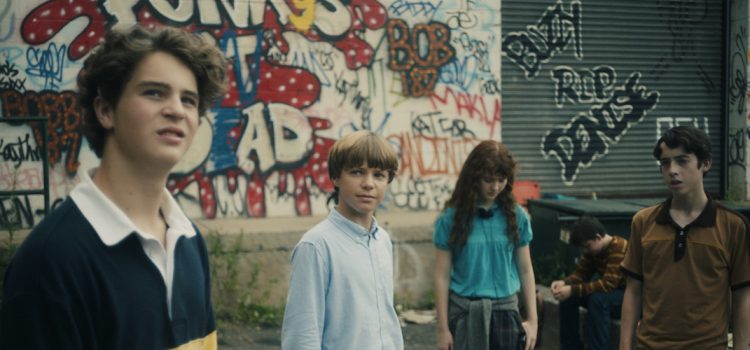By Lynn Venhaus
Regret and redemption are threads running through this bleak post-apocalyptic tale that wants to have both a human touch and a big picture narrative with its duel storylines.
The year is 2049. On Earth, some mysterious catastrophe has wreaked havoc. Instead of bailing like his fellow scientists, Augustine (George Clooney) stays at the research station in the Arctic Circle. Dying of cancer, he assumes he is alone. But finds that a young girl was left behind.
When he realizes the U.S. spaceship Aether, whose work on Jupiter is over, is heading home, he tries to message them not to return or they will be in danger. It is a race against the clock.
The trouble with “The Midnight Sky” is that both journeys – in space and on land – have gaping plot holes. I tend to overthink when I’m watching science fiction, but this is hard to connect the dots at times because information – and backstory – is dispensed so stingily or not at all.
For instance, the ship’s captain, Adewole (David Oyelowo) and assistant Sully (Felicity Jones) are having a baby together but they don’t show any evidence of themselves as a couple.
In flashback, George Clooney’s character Augustine is played by Ethan Peck, the grandson of legendary actor Gregory Peck. A clip of the elder Peck’s 1959 post-nuclear bomb film, “On the Beach,” is watched by pilot Mitchell (Kyle Chandler).
Based on Lily Brooks-Dalton’s novel, “Good Morning, Midnight,” this was meant to be a cautionary tale on climate change, but then a global pandemic hit, so the theme of regret at a time of great peril – and reflecting over life’s choices – struck a timely chord.
Screenwriter Mark L. Smith, who co-wrote “The Revenant,” adapted the 2016 book, and some characters have been altered. You do get a “Gravity Meets the Revenant” vibe, but it is also reminiscent of elements in “Ad Astra,” “Interstellar” and “The Martian.”
Clooney, a magnetic actor, hasn’t been in a film since 2016 “Money Monster,” and when you first see him on screen, as this dying, haggard 70-year-old loner, you may gasp. He goes all in as a guy driven by science that had little time for a personal life. He brings an emotional depth to the taciturn character.
His poignant scenes with newcomer Caoilinn Springall as the young girl left behind have an unexpected tenderness.
As a director, Clooney’s efforts have been hit and miss, but he’s a sharp observer and takes on dramas that have something to say (“Good Night, Good Luck”). This film, with its grand space vistas and its harsh Arctic conditions, is more technically challenging, and Clooney is overwhelmed by its scope.
The visual effects are outstanding and cinematographer Martin Ruhe has done fine work here under grueling conditions. Alexander DeSplat’s score excels in both heavenly and earthly depictions.
However, Clooney is at his best with other good actors, and this is an ace ensemble.
For all its noble intentions, after a long slog, the film leaves us wanting more. Nevertheless, we are left with a glimmer of hope, and I’ll take it.

“The Midnight Sky” is a science fiction-fantasy drama directed by George Clooney. Starring Clooney, Felicity Jones, David Oyelowo, Kyle Chandler, Damian Bechir, Tiffany Boone and Caoilinn Springall, the film runs 1 hour, 58 minutes and is rated PG-13 for some bloody images and brief strong language. Lynn’s Grade: C+. It is available on Netflix beginning Dec. 23.













